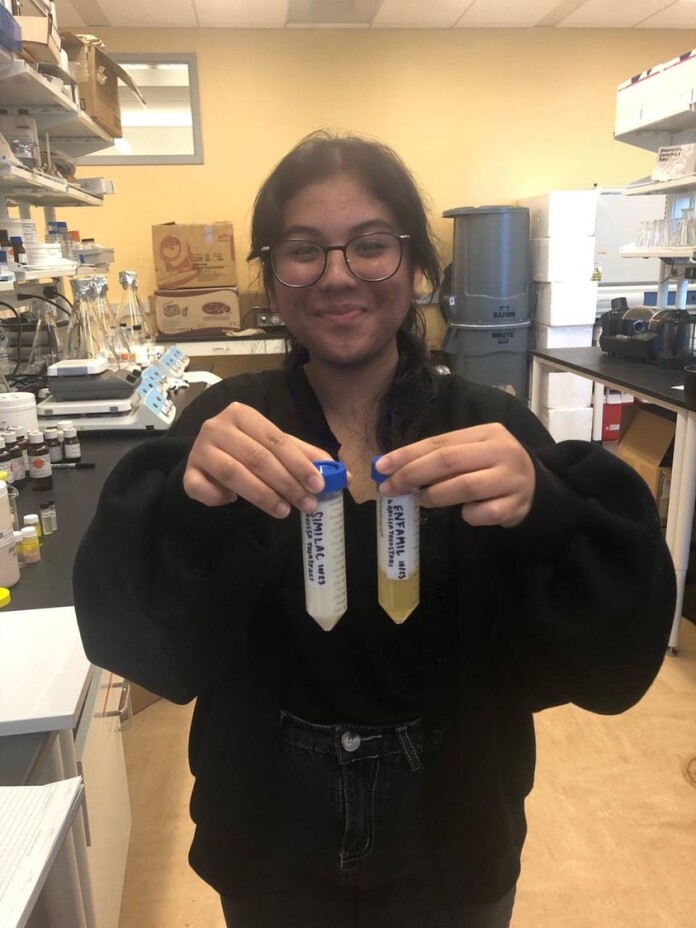
Many people believe that the field of STEM (Science, Technology, Engineering, and Math) is not for women. This belief, which originated from stereotyping, discrimination, and bias towards women, has systematically pushed them away from the field. Yet, this does not make Karissa, an undergraduate student majoring in Food Science in Virginia Polytechnic Institute and State University, feel demotivated. Her passion in doing research, particularly in food science, and her accomplishment in food industry so far prove that it is possible for women to excel in the field they are really passionate about, including STEM field.
***
March is celebrated as Women’s History Month and to highlight this significant topic, Indonesia Mengglobal is featuring stories of women who excel in STEM (Science, Technology, Engineering, and Mathematics), whether they work as offshore field researchers overseas or in laboratories. This week, I had the opportunity to interview Karissa Triastari, an undergraduate student majoring in Food Science and minoring in Business in the College of Agricultural and Life Sciences at Virginia Polytechnic Institute and State University (VTech), located in Blacksburg, VA.
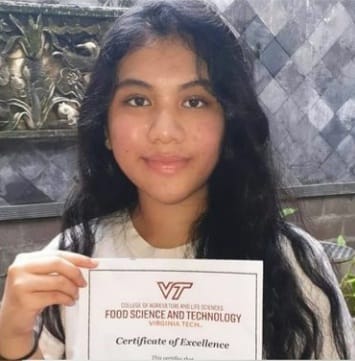
Source: Interviewee’s personal documentation.
Ever since the Covid-19 pandemic began, Karissa has temporarily returned to Jakarta and is now doing an internship as a Junior Food Technologist with Green Butcher Foods, which is in the same family as Burgreens, a start-up venture promoting plant-based diet, local produce, animal welfare, and awareness of long-term environmental sustainability. Karissa has kindly agreed to share her experience as an intern and also what she has learned both from her time at VTech and her responsibilities at Green Butcher Foods.
Passion for business and food science
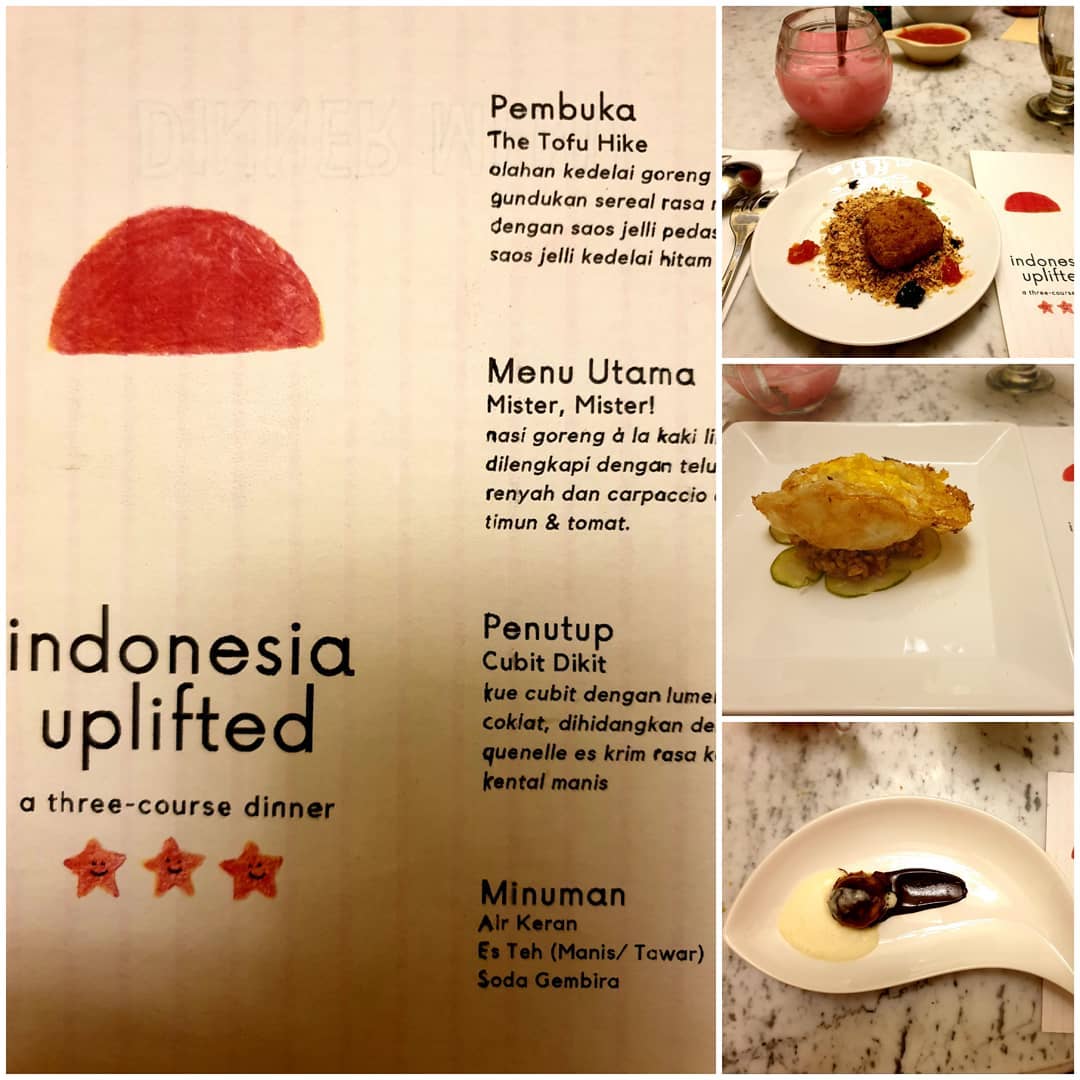
Source: interviewee’s personal documentation.
Karissa has been passionate about food science ever since she was in high school. In December 2015, as a ninth grader, she won “best venture branding” and became a runner up for “best venture pitch” in the Columbia Business School Entrepreneurship Program Awards, a competition for students who had brilliant business plan proposals, complete with sales pitch, target market analysis, profit projection, and branding/concept. Karissa’s idea was to create a bakery focusing on baked goods with less sugar, less fat, and overall healthier menu.
At that time, knowing that it was only the beginning and that as a high schooler she still had a lot to learn before becoming an expert, Karissa had the initiative to try and get some real-life work experience at PT. Indesso Aroma, one of Indonesia’s key manufacturers of ingredients for essential oils, foods, flavor, and fragrance. Her application was successful and she worked there as Fragrance & Aromatic Ingredients Lab Intern.
Three years later, in 2018, Karissa’s passion brought her to VTech, where she further hones her research skills and deepens her knowledge of the process behind the production of foods. At VTech, Karissa is involved in many different activities, including being a student ambassador for her college. She also joins the VTech Food Science Club where she helps oversee several product development projects and competitions, including an on-going project in which she and her fellow students develop VTech’s very own brand of hot sauce.
Spreading her wings at VTech
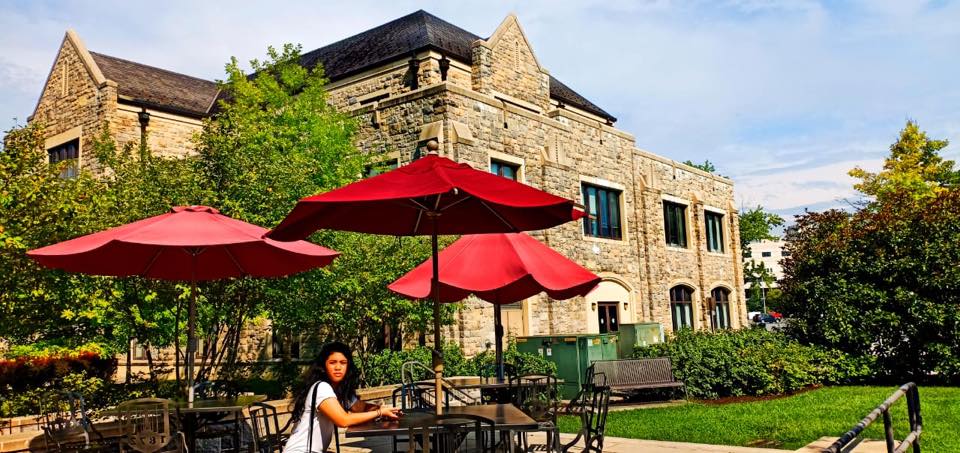
Source: interviewee’s personal documentation.
Like many students in her major, Karissa started her journey by taking a few general chemistry classes along with an Introduction to Food Science class. On top of that, however, she also spent more than a year working as a student employee at one of VTech’s busiest dining halls. She said being a student employee at the dining hall has taught her a lot about how to control major food risks and contaminants involved in food production process. Upon being asked what the most relevant lesson she learned from the dining hall employment was, Karissa said being employed by the dining hall has helped her understand the Hazard Analysis and Critical Control Points (HACCP), a method used to enforce high standard of food quality and safety. She was grateful to be able to see firsthand how HACCP is applied in real life and specifically in the context of food and dining services.
“The U.S. education system allows for students, including international students, to have job experiences on campus with more flexibility, since the employers know the priorities of the students and the school,” Karissa commented.
Karissa has several research experiences under her belt, most notably as an assistant to a professor who studied trans fatty acid in liquid infant formula and as an undergraduate research assistant supporting VTech graduate students who specialized in investigating a domestic edamame cultivar for the USDA Edamame Project. Karissa’s jobs as a research assistant not only exposed her to more unique research topics and ideas in peer-reviewed articles in academic journals and other publications, but also showed her how to manage her time well and to appreciate the world of food science even more. Most importantly, she feels that working as a research assistant has taught her about many research-related career paths and what it was like being in the pilot plant.
“Working in a lab facility designed for actual research, not just in-class labs, has allowed me to utilize my technical skills,” she said. “Since I have been studying food science, I feel that I am able to understand more why certain food items are manufactured in a certain way,” Karissa elaborated. “There are common ingredients people are usually suspicious of, such as preservatives, but these are crucial to ensuring the food stays fresh and edible.”
In addition to better understanding of the chemicals contained in food products, Karissa has also begun to notice why labels on food packaging matters and how the rising consumer consciousness of what their food contains has increased the need for better labels.
“The information on the labels exist to guide consumers,” she explained. “But it is also there to inform buyers of what exactly they are buying and what the ingredients of the product are. Nowadays, everyone is more aware and mindful of what they are eating and what they put into their bodies, so accurate labeling will definitely be important.”
Internship with Green Butcher Foods
In November 2020, Karissa started her internship at Green Butcher Foods as a Research and Development Intern. Initially, her duties were to assist in food production and company scale-up. As time went by, she gradually was trusted with developing vegan alternative food products for many of Green Butcher’s in-house and restaurant clientele.
“I’m applying scientific principles into product formulations and testing product perception through sensory evaluations,” Karissa said.
“Our company follows a strict research and development cycle, which starts with ideation and product requests from the clients, continues with brainstorming on the possible products, then onto lab-scale trial and prototyping, before finally moving on to the stages of internal feedback and approval. Once internally approved, the production process would begin and then we made improvements based on external feedback before we launch and market the products.”
Currently, Green Butchers is boasting a line-up of several different plant-based alternative protein products, such as vegan versions of sausages, sate maranggi, burgers, chicken katsu, and karaage. Those products are available in some Kemchicks outlet in Kemang and Menteng area, but customers outside of South Jakarta can order the products from e-commerce platforms and online retailers like TokoPedia and Shopee. Green Butchers is also collaborating with big name eateries like Starbucks, Twelvejkt, Kowara, and Okuzono.
Asked about what she envisioned for her future career beyond Green Butchers, Karissa said her main priority right now is to finish her Bachelor of Science degree while also gaining more expertise by branching out.
“Food science is such a broad subject and is not limited to just consumer goods,” Karissa said. “Food scientists are capable of working in other fields too, such as in farms and ranches, even in fisheries. I myself am interested in exploring the process behind the canning of non-perishable foods. I’m curious about canned foods.”

Source: Karissa Triastari
Advice for IM Readers and Younger Students
Near the end of the interview, Karissa shared what prospective students could expect when they are interested in studying Food Science and what the challenges might be.
“First, you have to know that Food Science is different from Health Science and is certainly also different from Nutrition and Culinary Arts,” she advised. “There are of course some overlaps but in general this field of study is not about cooking foods or simply just studying nutrients in foods but about analyzing food processing and food technology.”
“Secondly, keep your options open and don’t limit yourselves!” she encouraged. “It is very possible that your interests may change and keep on growing while you’re in college. Therefore, it is imperative to remember that Food Science has many different branches and it is up to you to do the exploration.”
Last but not least, Karissa wanted to remind readers that one’s choice of college should be taken seriously.
“Think not only about the campus’ reputation, prestige, or ranking but above all the campus’ suitability to your personal needs and aspirations,” she recommended. “You have to know why you choose that specific campus. What could you get from there that you wouldn’t be able to get elsewhere?”
If, however, one finds oneself rejected by a top university, be it because of finances or other constraints, and has to settle for a second option, Karissa said it would be helpful to remember the big fish in small pond vs. small fish in big pond analogy.
“Don’t give up and throw away your dreams. You can still maximize your potential wherever you are.”
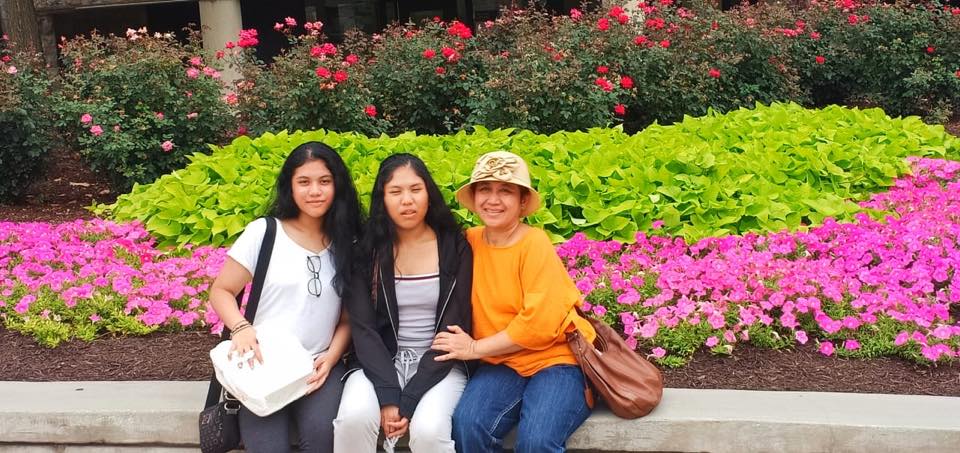
Source: interviewee’s personal documentation.







